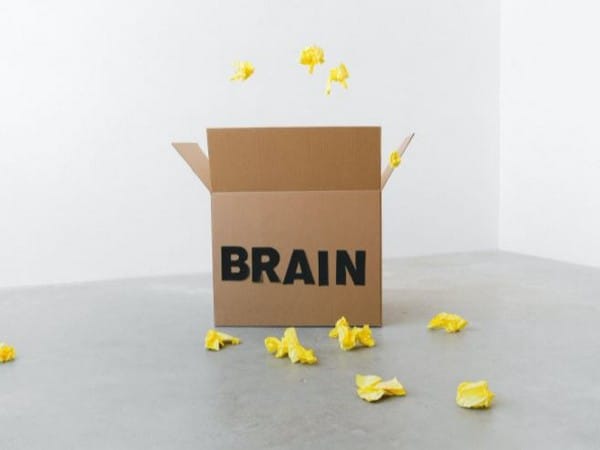Washington [US], March 24 (ANI): While studying how memories are stored in the brain, a team identified a novel protein folding mechanism that is essential for long-term memory storage.
The researchers further demonstrated that this mechanism is impaired in a tau-based mouse model of Alzheimer’s disease and that restoring this protein folding mechanism reverses memory impairment in this mouse model for the study of dementia.
The findings of the study were published in the journal ‘Science Advances’.
The team was led by Snehajyoti Chatterjee, PhD, a research associate in the lab of Ted Abel, PhD, Director of the Iowa Neuroscience Institute, and chair and DEO of the UI Department of Neuroscience and Pharmacology. The Abel lab has previously shown that the Nr4a family of transcription factors is essential for long-term memory consolidation. This study identified chaperone proteins in the endoplasmic reticulum, which are regulated by Nr4a.
“The role of protein folding machinery in long-term memory has been overlooked for decades,” Chatterjee said. “We know that gene expression and protein synthesis are essential for long-term memory consolidation and following learning a large number of proteins are synthesized. For proteins to be functionally active they need to be folded correctly. Our work demonstrates the conceptual idea that these chaperone proteins are the ones that actually fold the proteins to impact synaptic function and plasticity.”
The team also used gene therapy to reactivate the chaperone protein in a mouse model and found that the memory deficit was reversed, confirming that the protein folding machinery acts as a molecular switch for memory.
“Identifying this protein folding mechanism is a crucial step toward understanding how memories are stored and what goes wrong in diseases associated with memory impairment,” Abel said. “Even though we are not yet at a point of translating this to patient care, understanding this pathway is essential to one day being able to prevent and treat neurodegenerative disease.” (ANI)
This report is auto-generated from ANI news service. ThePrint holds no responsibility for its content.






